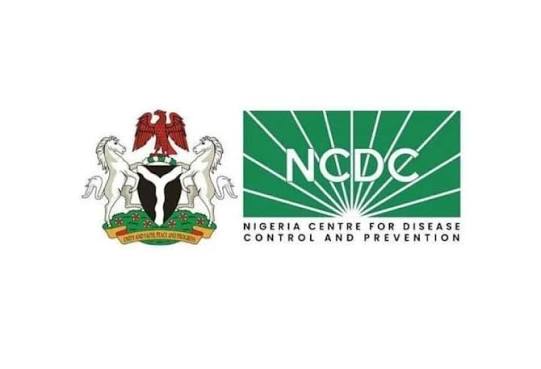Ministry of Interior’s Budget Hits ₦2.16 Trillion Over Five Years, Surges to ₦1.11 Trillion in 2025

Ministry of Interior has received a cumulative allocation of ₦2.16 trillion over the past five years, with its budget hitting a historic high of ₦1.11 trillion in the proposed 2025 national budget. The sharp increase underscores the government’s heightened focus on internal security, immigration control, and emergency response services amid growing national challenges.
Data from recent budgetary documents indicate a steady rise in the ministry’s allocations, with the most dramatic jump recorded in 2025. In 2024, the ministry received ₦471.67 billion, more than doubling to ₦1.11 trillion just a year later. The figures reflect rising fiscal commitments to enhance homeland security through agencies such as the Nigeria Immigration Service, Nigeria Security and Civil Defence Corps (NSCDC), and the Federal Fire Service.
Analysts say the increase aligns with the government’s broader security strategy, which places internal threats ranging from communal conflicts to cross-border crimes under tighter scrutiny. The interior ministry’s responsibilities have grown significantly, now covering border surveillance, prison reform, fire safety, and civil defence all critical areas requiring improved infrastructure and manpower.
However, critics have raised concerns over transparency and accountability. Previous reports by civil society organisations have questioned the actual impact of these growing allocations, citing delayed projects, underutilized funds, and overlapping responsibilities between ministries.
The surge in funding comes as part of a larger national trend, where several ministries tied to security and law enforcement have seen steep rises in budgetary provisions. It reflects the Tinubu administration’s push to modernize public institutions and strengthen national security architecture.
Observers insist that while the numbers are impressive, real transformation will depend on how efficiently the funds are deployed. Many believe that stronger oversight mechanisms are needed to ensure the funds translate into measurable improvements in safety, emergency responsiveness, and institutional capacity.









